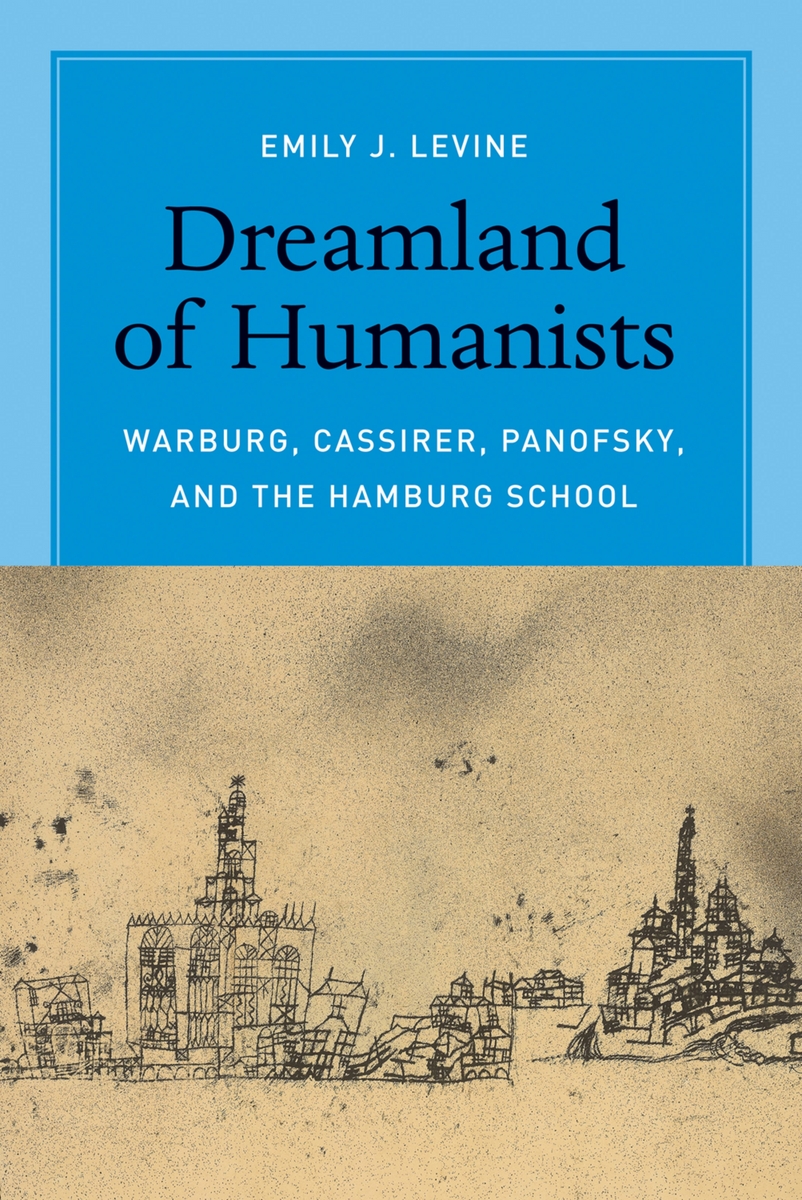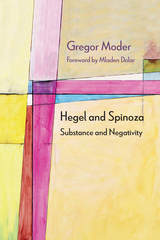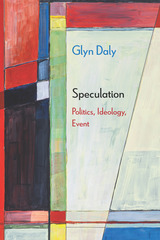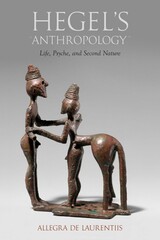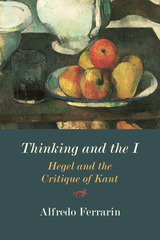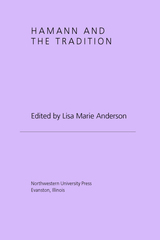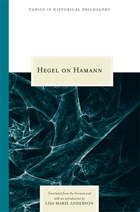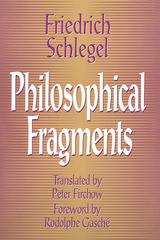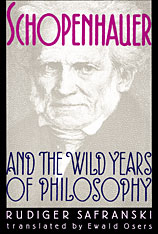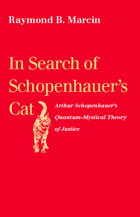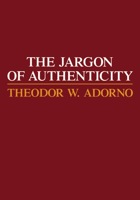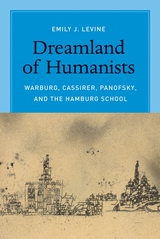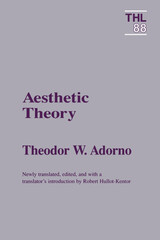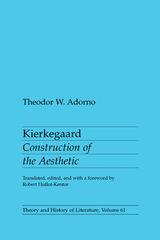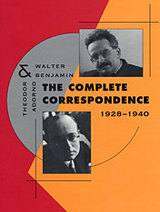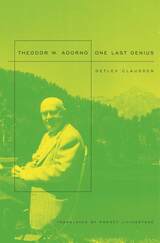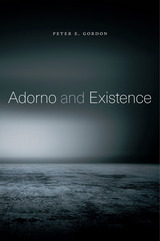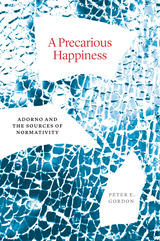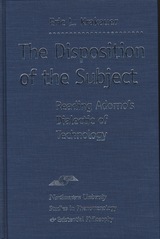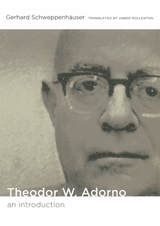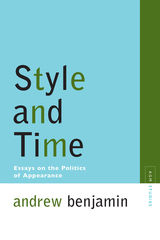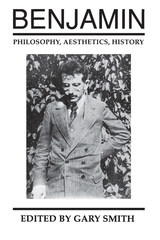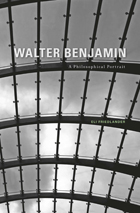“If there is any example of an intellectual history with its feet on the ground, then it would be Levine’s thoroughly researched and beautifully told story of the Warburg library. More than a book about a place, an institution, and a handful of intellectuals, Dreamland of Humanists is an unparalleled geography of twentieth century intellectual life, and a key to its countless codes and mysteries.”
— German History
"In arguing for the importance of place and social setting in the formation of ideas, Levine crosses as many scholarly disciplines as Aby Warbug's Library of the Science of Culture did in its heyday. . . . Levine shows how crucially time, place, and people can affect what we finally study and ponder; but in the end, if we are lucky, we all make our own Dreamland of Humanists with the materials at hand."
— New Republic
"A thoughtful and massively researched book. . . . One learns a lot and is left with a lot to ponder."
— Key Reporter
“From its inception in the early 1900s to its relocation to London in 1933, the Warburg Library in Hamburg was a symbol of holistic cultural study and humanistic learning, while the men most closely associated with the Library—Aby Warburg, Erwin Panofsky, and Ernst Cassirer—were vital to the symbolic turn that marked so much of twentieth-century thought. Emily Levine skillfully weaves together three men, a library, and a city in this compelling study of a crucial moment in modern intellectual history. She significantly enhances our understanding of the ideas and the shared urban and institutional context of these pivotal thinkers, while recasting Weimar culture in light of a shifting focus from the capital to Germany’s ‘second’ city.”
— Warren Breckman, author of Adventures of the Symbolic: Postmarxism and Radical Democracy
“Dreamland of Humanists is a deeply researched, well-structured, and elegantly written work of history that brings to life the city of Hamburg, a place that, thanks to its unique Hanseatic economic and political traditions, served as a welcome home for the Warburg Library and the three German Jewish intellectuals most closely associated with its name. Levine should be commended.”
— Peter E. Gordon, author of Continental Divide: Heidegger, Cassirer, Davos
“Insightful, interesting, and sophisticated, Dreamland of Humanists not only contributes to our individual and collective knowledge of the Warburg school but it sheds new light on the intellectual and political struggles and ultimately tragic fate of Weimar culture as a whole. I would go so far as to state that this is a work that I have been waiting for.”
— Steven E. Aschheim, author of Beyond the Border: The German-Jewish Legacy Abroad
“Levine gets it right. Her accounts are characterized by an impressive intellectual reach and stupendous scholarship. . . . Levine offers more than a contribution to the cultural and intellectual history of twentieth-century Germany, the Weimar period, or the development of the disciplines of art history, cultural history, and philosophy. Dreamland of Humanists is an examination into the principal conditions under which great ideas can thrive—anywhere in the world.”
— German Studies Review
“Levine’s book succeeds very well, too, in carrying out another mission, and that is to understand exactly what difference the ‘Jewishness’ of the three protagonists made in their lives and ideas. . . . Never pushing the case too hard, Levine shows that all these figures lived and worked keenly aware of the cultural prejudices around them, trying, in various ways, to transcend them. Levine deserves much credit for having given us new insight into these figures by setting them firmly into the loamy soil of Hamburg. . . . This is a fine book, and I hope it will provoke the writing of more studies of liberal intellectuals and their hometowns.”
— Suzanne Marchand, Journal of Modern History
“During the decades surrounding the turn of the twentieth century, a small coterie of intellectual and cultural figures succeeded into transforming Hamburg, however briefly, into one of the cultural capitals of Europe. Levine’s Dreamland of Humanists is an intellectual history of this important, and underappreciated, place and time. . . . Levine has contributed a major volume to the project of reestablishing the intellectual significance of Warburg, Cassirer, and Panofsky for twentieth century humanist thought, and the cultural transformation of the city that sustained them.”
— MAKE Literary Magazine
“It is a German history, Jewish history, cultural history, and intellectual history refreshingly unlike most of the work on the Warburg Institute. Levine, with unrivalled perspicacity, goes beyond her precursors who were wary of venturing beyond simply stating that the progenitors of the Warburgian project were mainly Jews. With rare exception, Jewishness has been viewed primarily as one among many elements in the combustible mix that pushed the Hamburg School out of Germany after the Nazi rise to power. Levine persuasively argues that Aby Warburg and his cohort, who came together over their historical interest in symbols and myths, must be understood by considering not only the fact of their Jewish origins and the ways they were perceived as Jews.”
— Michael Berkowitz, German Quarterly
“Dreamland of Humanists is more than a detailed chronicle of a unique research institute in exile. Levine’s main focus is the cultural life of Hamburg during the Weimar Republic and its effects on the three scholars who were involved in creating the Warburg Institute. If anything, her book is reminiscent of Allan Janik and Stephen Toulmin’s Wittgenstein’s Vienna in capturing the spirit of a particular city and a remarkable group of intellectuals. . . . Clearly written, copiously detailed and a fine example of intellectual and cultural history.”
— European Legacy
“Levine’s complex, multicausal view of intellectual history means that her book is not easily summarized; it is part biography, part history of ideas, part institutional and economic history. . .This consideration of Hamburg as a crucial factor in the thought of Warburg, Cassirer, and Panofsky adds an important dimension to those already individually well-studied figures.”
— Common Knowledge
“Levine’s is the work of a historian, and, although she affiliates herself with other modes of inquiry too, her book sits squarely in the tradition of the history of ideas: she reads the texts of important intellectual figures, and she gives them fresh valence by reading them against the backgrounds of their various contexts.”
— Journal of the History of Ideas
